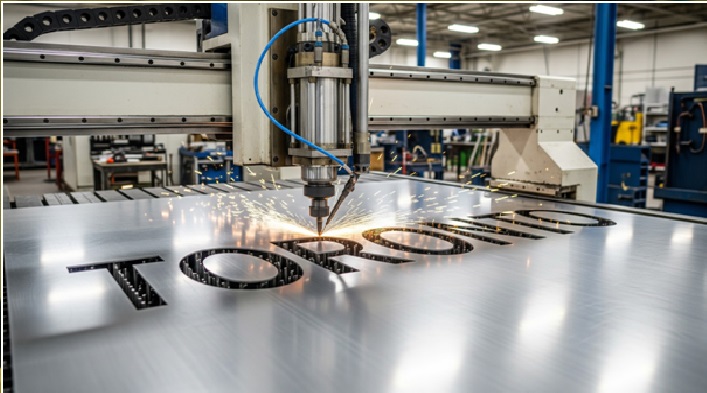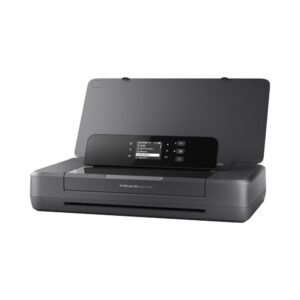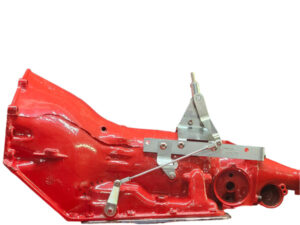
For a city like Toronto, where identity and design are top concerns for how businesses engage with customers, commercial space needs to be both aesthetically pleasing and remain functional and professional. For restaurants, retailers, and offices, commercial space needs to be attention-grabbing without losing functionality and professionalism. CNC cutting is one of the solutions that are increasingly popular for achieving balance. CNC machines can make custom designs with high precision, helping Toronto companies turn signage, interiors, and branding into profitable ventures.
Why CNC Cutting Works Well in Commercial Environments
Computer Numerical Control (CNC) cutting allows for accurate cutting of materials. In commercial terms, it means businesses getting their creative ideas to execution with quality and consistency. With hand cutting, uneven surfaces and mixed-up effects would be the requirement, but CNC delivers smooth surfaces and reproducible results, perfect for mass or custom branding requirements.
Signage That Makes the Right Impression
In a competitive city business market like Toronto, signage is more than a recognition tag—it’s the initial impression clients receive of a firm. CNC cutting allows stores, offices, and restaurants to create signage that reflects their firm identity.
- 3D Lettering: CNC cutters cut wood, metal, or acrylic separately into individual letters to create raised letters for clean professional signs.
- Logo Cutouts: Logos with a high degree of detail can be replicated perfectly so that brand identity is maintained.
- Backlit Panels: Backlit panels cut from CNC enable creative lighting effects to achieve maximum readability.
- Wayfinding Signs: Simple-to-read direction signs in plain style guide consumers through large areas.
The versatility of CNC cutting enables signage to inform not just the viewer, but also assist in developing the visual look of the area.
Interior Design with CNC Precision
In addition to signage, CNC cutting is redoing the interiors of Toronto’s commercial structures. Interior designers use CNC technology to add detail and texture that adds up to greater brand value.
- Wall Panels and Dividers: Branded themes bring personal touches to offices, showrooms, or restaurants.
- Ceiling Accents: Decorative finish cutouts add texture and design value into plain ceilings.
- Furniture Components: Desks, countertops, and shelving units can be remade with branded additions.
- Decorative Fixtures: Lamp shades to decor panels, the only limit is imagination.
These uses create more interesting and memorable interiors for customers, employees, and clients.
CNC Branding Beyond the Basics
The brand extends beyond logos and signage. With CNC cutting, Toronto companies are transferring brand identity into everyday objects. Some examples are:
- Custom doorway designs featuring a company theme or logo.
- Branded reception desks that demonstrate professionalism.
- Personalized wall decor with eco-friendly wood or metal.
- Promotional display stands for retail that maximizes product visibility.
High precision but strict attention to detail provides brand consistency and creates uniform spaces.
Materials Utilized by CNC for Commercial Spaces
Another advantage of CNC cutting is flexibility in cutting across various materials. Toronto companies choose material that suits their brand identity and price range.
- Wood: Provides warmth and flexibility for interior and signage uses.
- Metal: Strong, aerodynamic, and perfect for contemporary commercial environments.
- Acrylic and Plastics: Light, colorful, and inexpensive.
- Composite panels: Provides strength and stability without taking a hit out of the budget.
Choosing the appropriate material achieves form and function.
Quick Comparison: Traditional Fabrication vs CNC Cutting
| Aspect | Traditional Methods | CNC Cutting Approach |
| Precision | Varies with skill level | Consistently accurate |
| Customization | Limited | High flexibility |
| Efficiency | Slower, manual work | Faster, automated process |
| Consistency | Hard to replicate | Repeatable with exact detail |
| Design complexity | Restricted | Intricate designs possible |
Mistakes to Avoid when it Comes to CNC Branding
While CNC cutting is full of promise, there are some errors that companies need to avoid:
- Overdesigning: Extremely complex cuts may stray from the simplicity of the brand.
- Lack of knowledge of strength of materials: Pushing the inappropriate material onto exterior signs may decrease their life expectancy.
- Failure to match brand identity: The cut should support branding as a whole, not just appear trendy.
- Overdoing professional installation: Even perfect CNC work may fall short if there is not proper installation.
FAQs
- Why is CNC cutting superior to other methods of signage?
CNC cutting is more precise, provides faster turn-around time and better quality and is perfect for modern signage.
- Is CNC cutting suitable for small and large projects?
Yes. From a one-time logo sign to complete interior renovation, CNC equipment does the job no matter the size.
- Are CNC materials weather-resistant for outdoor signage?
With appropriate selection of metal, acrylic, or treated wood, CNC signage is robust enough to endure Toronto weather.
- How does CNC branding enhance customer experience?
It produces cohesive, professional environments that reflect the image of a company and make lasting impressions on visitors.
Key Takeaway
CNC cutting provides Toronto companies with an adaptable means of refurnishing their signage, interiors, and brand. Its flexibility and accuracy ensure designs are not only good-looking but also long-lasting and functional. When used strategically, CNC technology allows companies to construct spaces that convey their brand well.
Conclusion
Toronto business premises are becoming more efficient and innovative with CNC cutting. From personalized signs to branded interiors, businesses are increasingly appearing in an increasingly competitive market space. The precision, adaptability, and ready availability of materials make CNC cutting and metal cutting service a choice among businesses that wish to enhance their properties. As companies incorporate CNC into signage and interiors, they strengthen their brand identity and create lasting impressions in Toronto’s vibrant market space.




